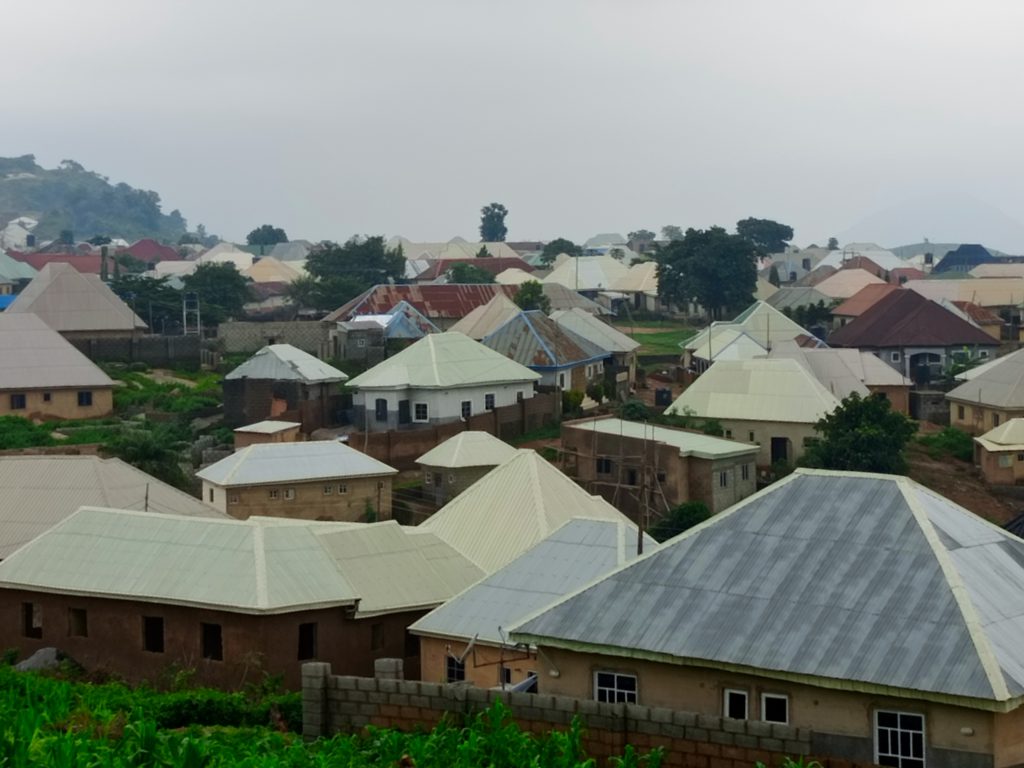A huge number of FCT residents now live in the suburbs and commute to the city centre, a situation many of them say they are forced into because they cannot afford land in the city centre because of its expensive nature.
The Abuja Geographic Information Systems (AGIS) has since hiked the price charged on land in FCT by over 90 percent making it more difficult for residents to afford land which they say is a fundamental reason they are forced to live in suburbs.
At the moment, AGIS has hiked a square metre of land in the city centre. And a plot of land 1,000 m2, in the FCT city centre now cost over N100 million depending on the location. An amount many of the FCT residents who are mainly civil servants cannot afford.
Mr. Johnson Michael, one of the FCT residents who spoke to MAWA-Foundation, said anyone who visits FCT sees a beautiful city. But pointed out that good as the city looks, it is empty because the poor cannot afford to own a home in the city, and are forced to live in the suburbs and commute to the city centre every day.
“On a visit to FCT city centre, one sees a beautiful city with excellent edifices, but unfortunately, FCT centre is an empty city, only the rich live at the centre, the poor cannot afford land to build, they are forced to live at the suburb because that is the only place they can afford a land”, Michael said.
Mrs. Stella Ibiam, an estate developer while speaking to MAWA-Foundation regarding the high cost of land in FCT that is driving many to the suburbs, decried the high cost of land.
Ibiam pointed out that a property that cost N16 million in 2007 now goes for N100 million, while rent has become so expensive that the poor cannot afford it. She, however, pointed out that the rising incidents of slums in FCT are a result of the high cost of land the poor cannot afford.
Locations like Asokoro, Maitama, and Wuse II, are exclusively for the super-rich. Apart from the fact that only the super-rich can afford lands in these areas, application fees for residential and commercial lands in FCT have been reviewed upward, making it impossible for the poor to afford them.
With a hike in the price of land, over 58 FCT residents within the middle-income class who spoke to MAWA-Foundation, said they have resorted to the suburbs where they can afford land.
About 98 percent of persons who spoke to MAWA at the city centre of Maitama, Wuse, Asokoro, Jabi and Utako, say they live at Lugbe, Kubwa, Dei-Dei and Dutse, Kubwa, Mararaba, Masaka, Suleja and other satellite towns and commute to town daily.
Mr. Solomon Agba, who lives at Dei-Dei of FCT which is largely populated, told MAWA that apart from living in an urban poor environment, they spent a huge part of their time going to work at the centre. A situation he said is a big challenge to the urban poor.
With the high cost of land in FCT city centre that is forcing the poor to the suburbs, and the huge profit the estate developers make from property tasks, residents in the suburbs are likely to be displaced in the future and their lands taken over and given to the rich who will buy them.
And, as FCT city is growing at about 13 percent rate, the city is struggling to provide basic infrastructure and services for its inhabitants, and that leads to escalating inequalities. A vast number of the population, lack access to housing, healthcare, education, electricity, transportation, water, sanitation, etc.
One reliable way to help address these challenges is to generate public revenue that will tackle inequalities and promote inclusive development using land value capture.
This approach will allow the local government authorities to charge fees and taxes to developers and property owners and realize income that can then be reinvested into the community and city services.


The importance of recognizing community produced land value as belonging to that same community is imperative if just societies are to be developed. Let us strive to develop societies where every child born has equal opportunities.